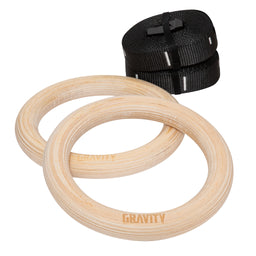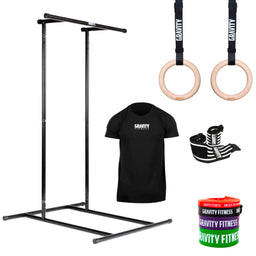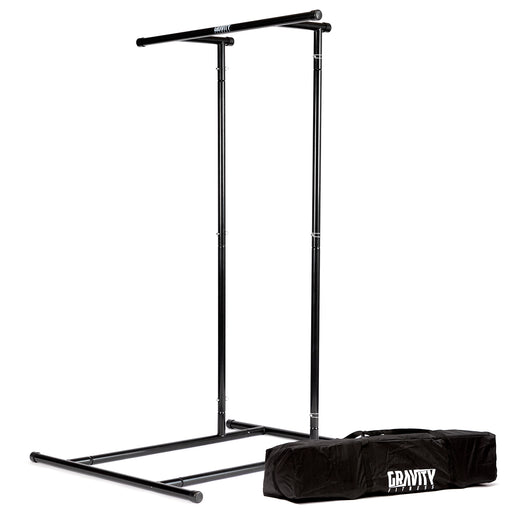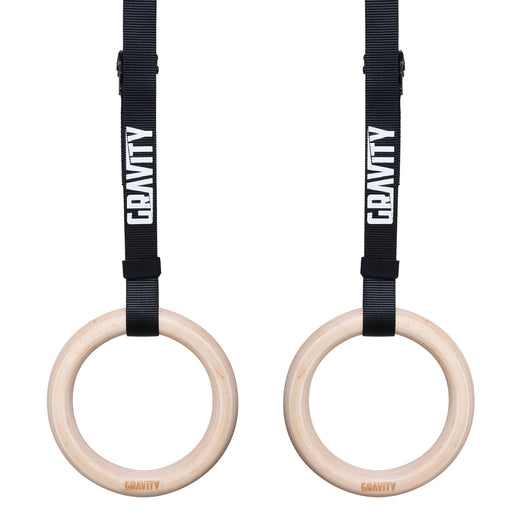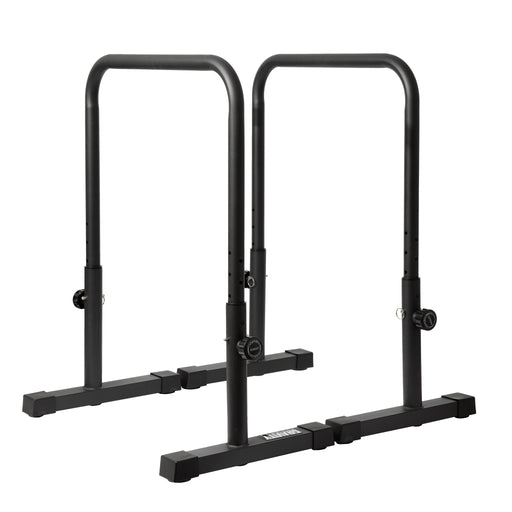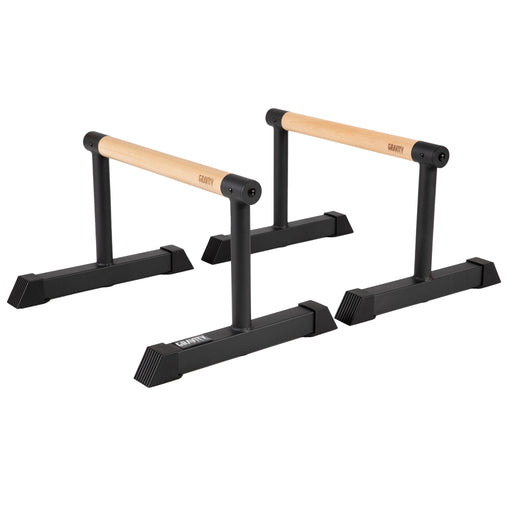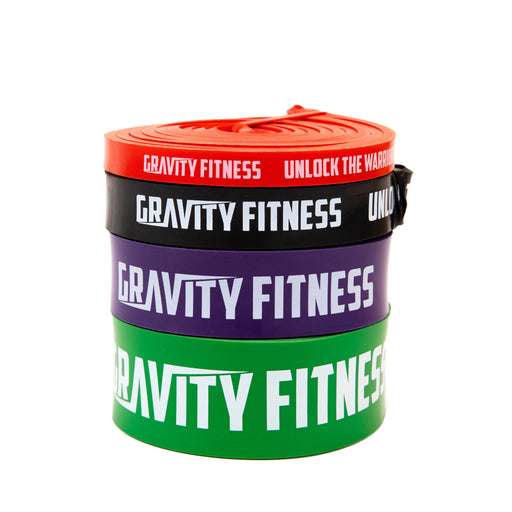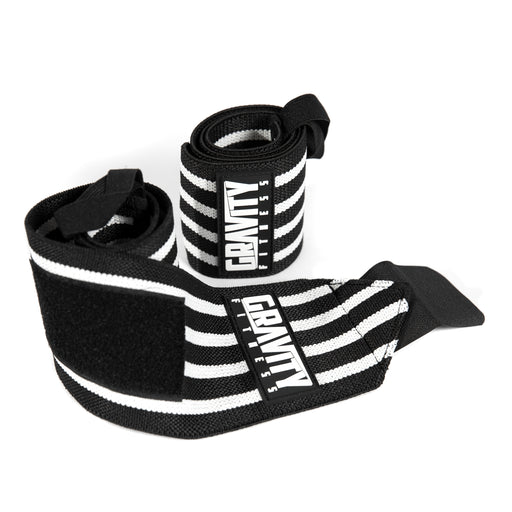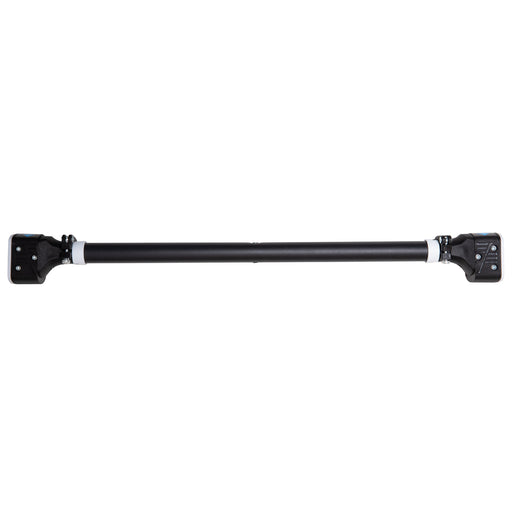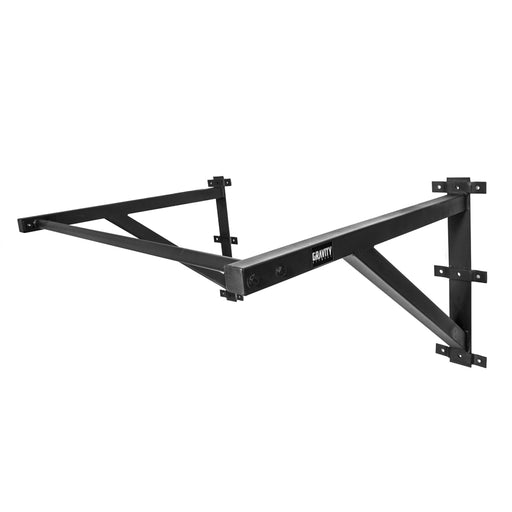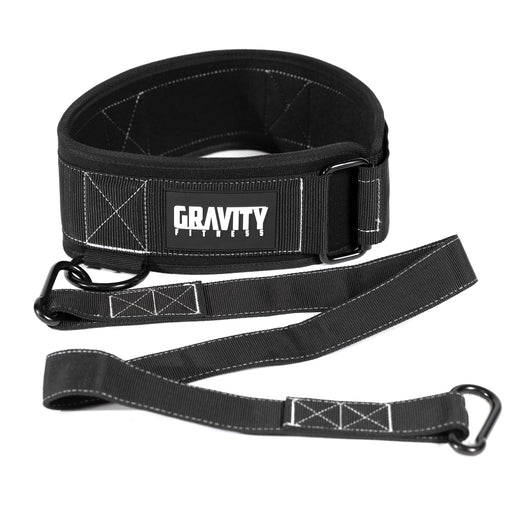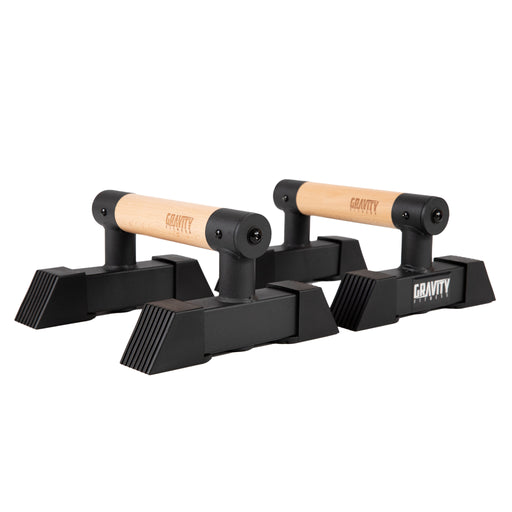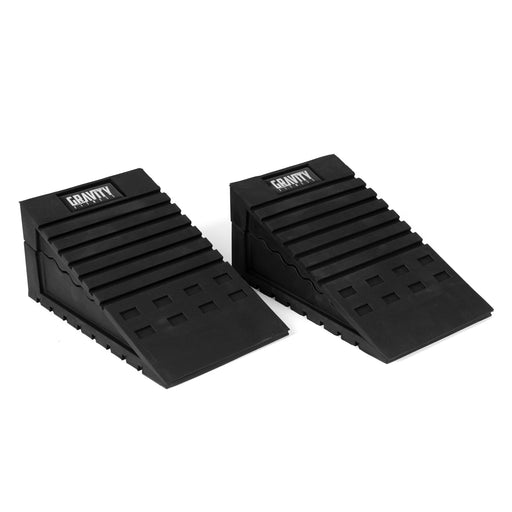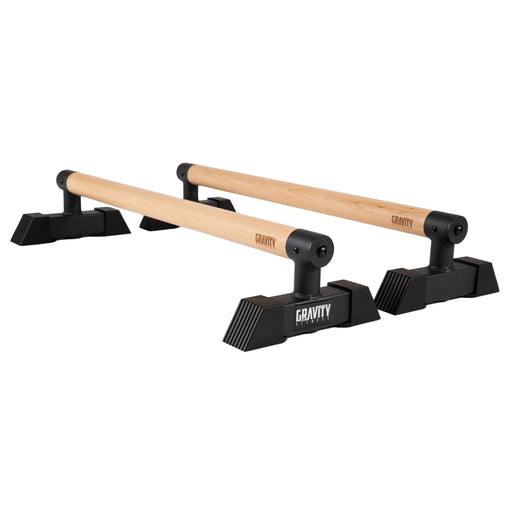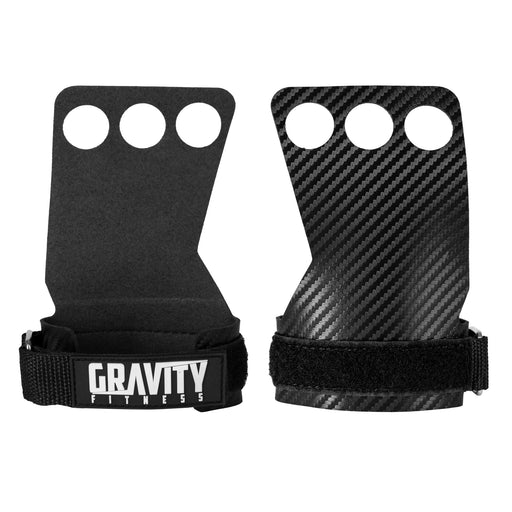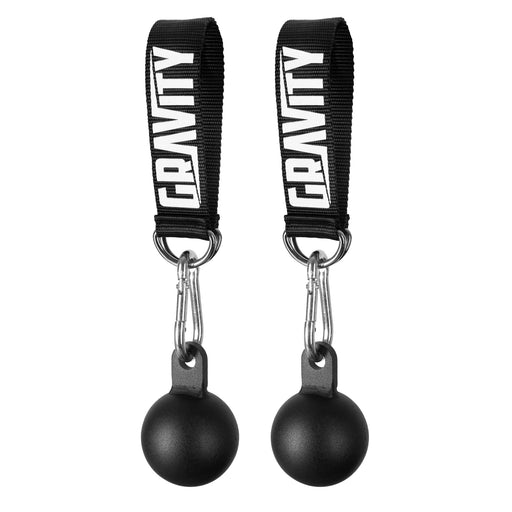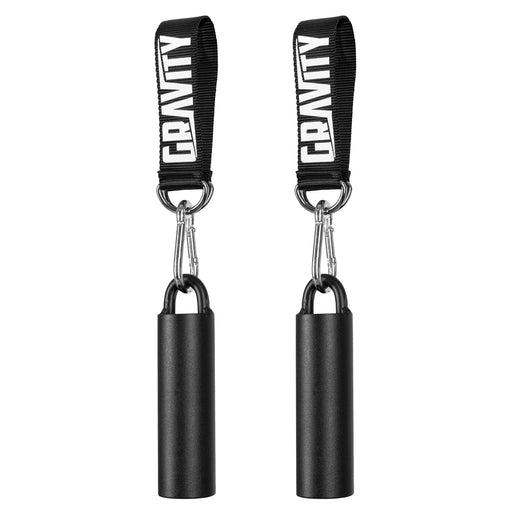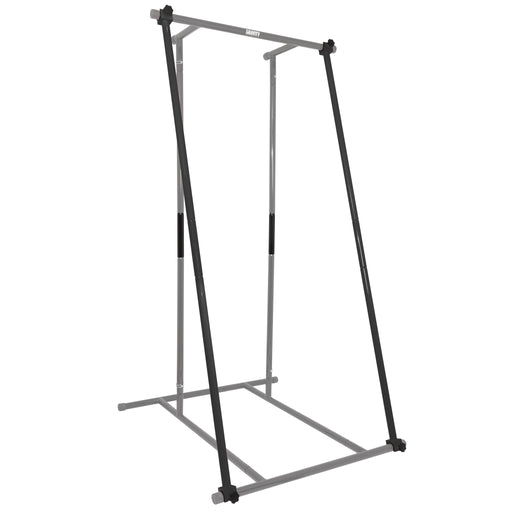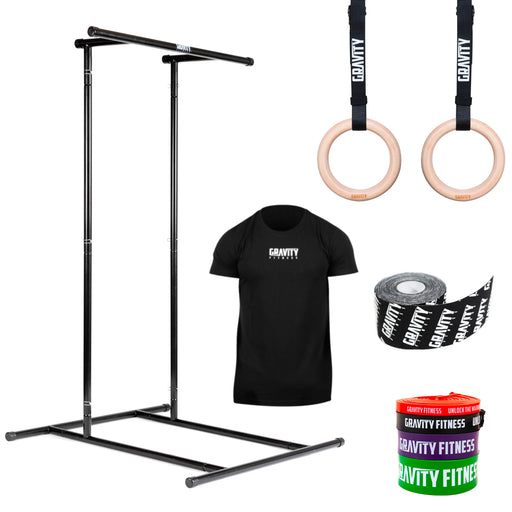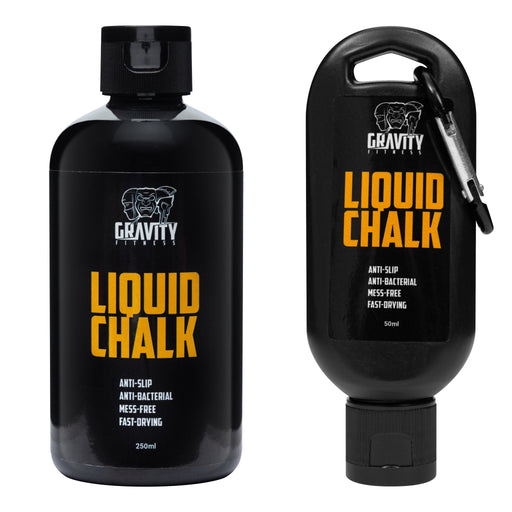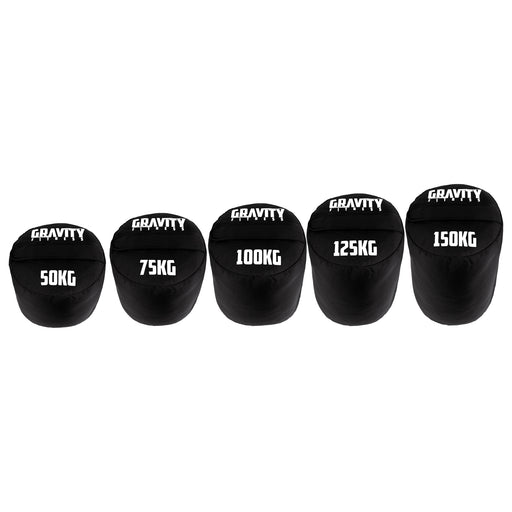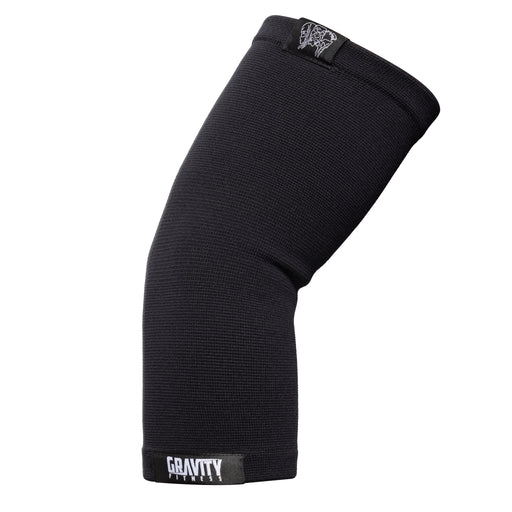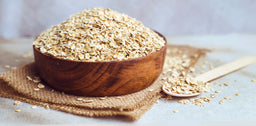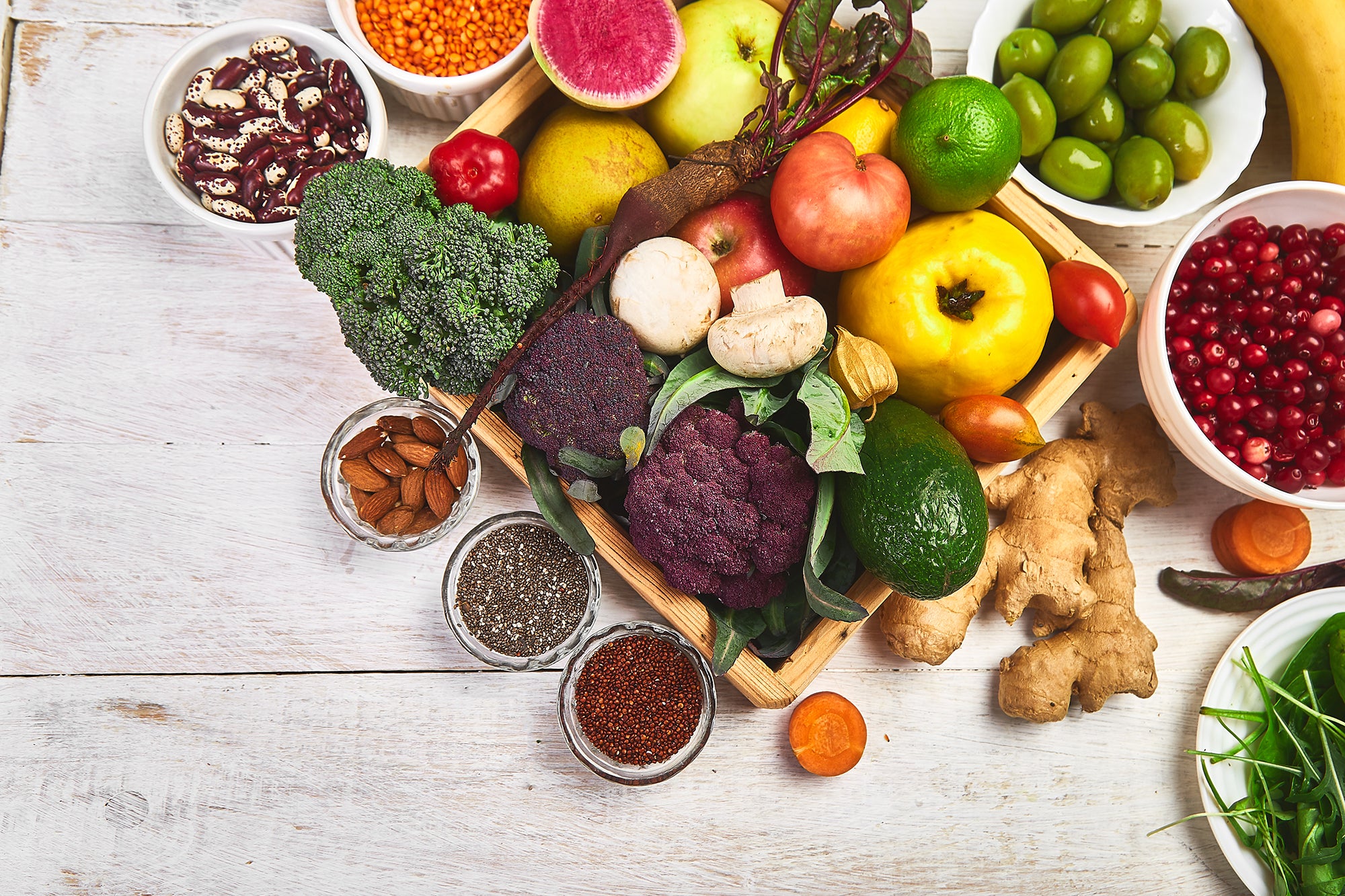
How To Choose The Best Diet For You
How To Choose The Best Diet For You
Plant-based, paleo, fasting and so many more… there are an array of diet types you could follow. But which one is best for your fitness goals?
Changing your diet in 2022?
Dieting no longer means a quick fix way to lose weight. These days, you might adopt a different diet for your health, your wallet, or to align with your personal principles. If you’re thinking about changing up the way you eat in 2022, read through these handy pros and cons.
5 reasons you might change your diet
1 To change your body composition and maintain the results
2 In response to findings about current or possible health concerns
3 To optimise your digestion, energy levels, or training performance
4 To align with your values around food production, welfare, or environment
5 As part of household budgeting efforts
Pros and cons of 4 popular diets
Intermittent fasting
“IF” has been around for a long time, but gained popularity when a certain TV Doctor published a book using the basic principles. Intermittent Fasting isn’t rocket science, it simply means reducing your eating window and introducing a longer period of time when you don’t eat. There are various ways to structure the eating and non-eating periods, but most people start with 16:8. This pretty much means eating dinner as normal, then pushing breakfast back a bit.
Pros
- Reducing your eating window makes it easier to reduce your calorie intake if that’s your goal (1)
- Regular fasting may trigger the cellular “cleansing system” autophagy (2)
- May improve concentration, focus, and mental performance
Cons
- Not always compatible with socialising or eating with others
- May not work for people who train in the morning
- Not ideal if you’re a fan of snacking
Plant-based eating
Eating a plant-based diet is different to being vegan. Plant-based eaters make a concerted effort to base most of their food intake around vegetables, fruits, grains, lentils, beans and other plant foods, but they might still eat dairy, eggs, and occasional fish or meat.
Pros
- Increased micronutrient intake from the extra fruit and veg
- Extra dietary fibre which is beneficial for digestive health
- May have positive benefits on long-term health and mortality (3)
- Likely to be a cheaper way of eating
- A very flexible approach to eating a healthier diet
Cons
- May require a new approach to recipes and meal prep
- Not ideal if you don’t enjoy a lot of vegetables
- Could lead to a drop in protein intake
Vegan diet
In contrast to plant-based eating, vegan eating is a stricter approach which eliminates any foods that come from animals. This obviously means no meat or fish but also means no dairy, eggs, gelatine, and honey.
Pros
- Can be a healthy diet if built around natural wholefoods
- Likely to lead to an increase in micronutrients and dietary fibre
- May align with your values around food production, animal welfare and environmental issues
Cons
- Can lead to an increase in manmade, processed vegan foods
- More difficult to get complete proteins from non-animal foods
- You may need to rethink pre and post-training meals for digestion
- You will need to take a Vitamin B12 supplement (4)
Paleo diet
The Paleo diet is often referred to as the hunter-gatherer diet as it focuses on natural foods that could be hunted, fished, or gathered from the land. It is based around the premise that our digestive systems have not evolved to eat more modern foods like grains and processed manmade foods.
Pros
- Could eliminate most or all of the unhealthy processed food in your diet
- Focuses on quality organic sources of meat, fish, eggs and fresh produce
- Tends to be high in protein
Cons
- Can be an unsociable and unsustainable way of eating
- May lead to a decrease in plant-based antioxidants and fibre
- Can be an expensive and restrictive way to eat
- Can result in a lower-carb diet which may not be compatible with training
Questions to ask before you change your diet
You should never jump into a change in eating plan without asking yourself some serious questions about nutrition, cost, lifestyle and logistics.
- Will this diet ask me to exclude entire food groups or specific ingredients?
- Do I have enough knowledge about how to shop and meal prep for this diet?
- Do I have support of family and friends? Is it likely to cause friction?
- Does this diet include foods I really like to eat?
- Can I sustain this way of eating for at least one full year?
- Is this diet compatible with my training and activity levels?
- Does it fit my lifestyle and budget?
1 https://www.ncbi.nlm.nih.gov/pmc/articles/PMC6836017/
2 https://www.ncbi.nlm.nih.gov/pmc/articles/PMC5718973/












